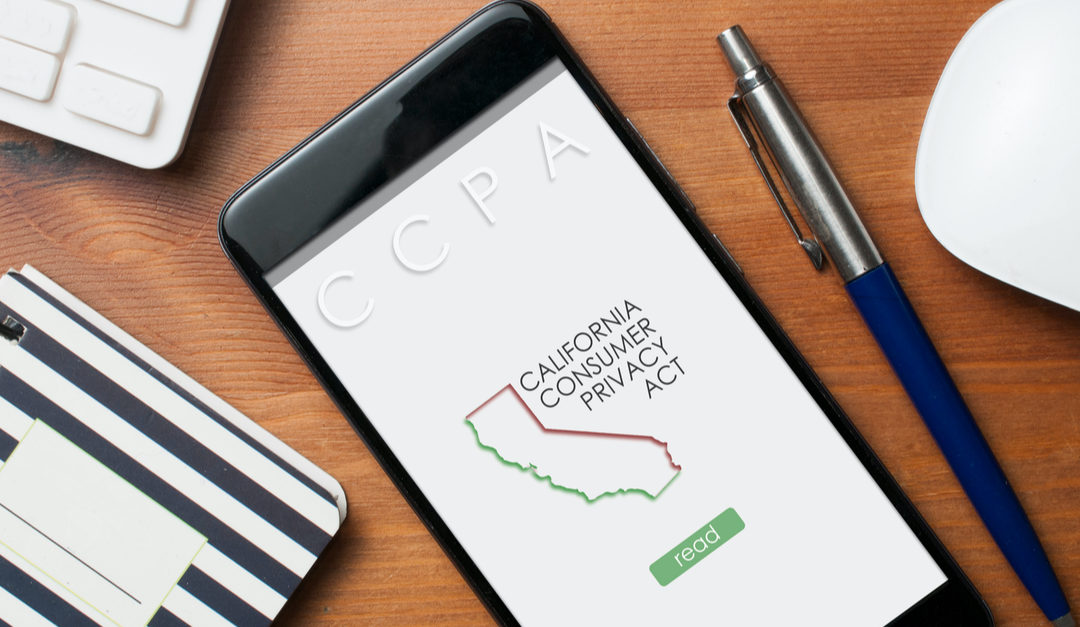On November 3, Californians will be asked to make a what appears to be a simple decision, that is, would they like to increase their privacy? However, where Proposition 24, to enable the California Privacy Rights and Enforcement Act is concerned, appearances are deceiving.
In 2018, seeking to address the same issue, a massive consumer privacy regulation, the California Consumer Privacy Act, was forced through the state legislature. The state legislature passed the Act after just a week of work in a rush to avoid a threatened ballot initiative. They did so because ballot measures can rarely be amended or changed. Appropriate review was denied, something that this proposal very much needed.
The proposal needed review more than most as it was written by a San Francisco real estate developer with no expertise in privacy law or legislation. He demanded that the law be passed or he would move forward with the ballot proposal on which he spent millions of dollars to gather the necessary number of signatures. He effectively bought the law.
Unsurprisingly, the language of the resulting law was lacking. In fact, it was so problematic, so ill-written, that the enforcement date had to be set two years in the future, to July 1 of this year, so that whole paragraphs of ambiguous language could be addressed. The mechanisms for expanded policing and enforcement on the internet had to be determined. Unaffordable compliance costs for every website viewed in California had to be considered as well.


Recent Comments